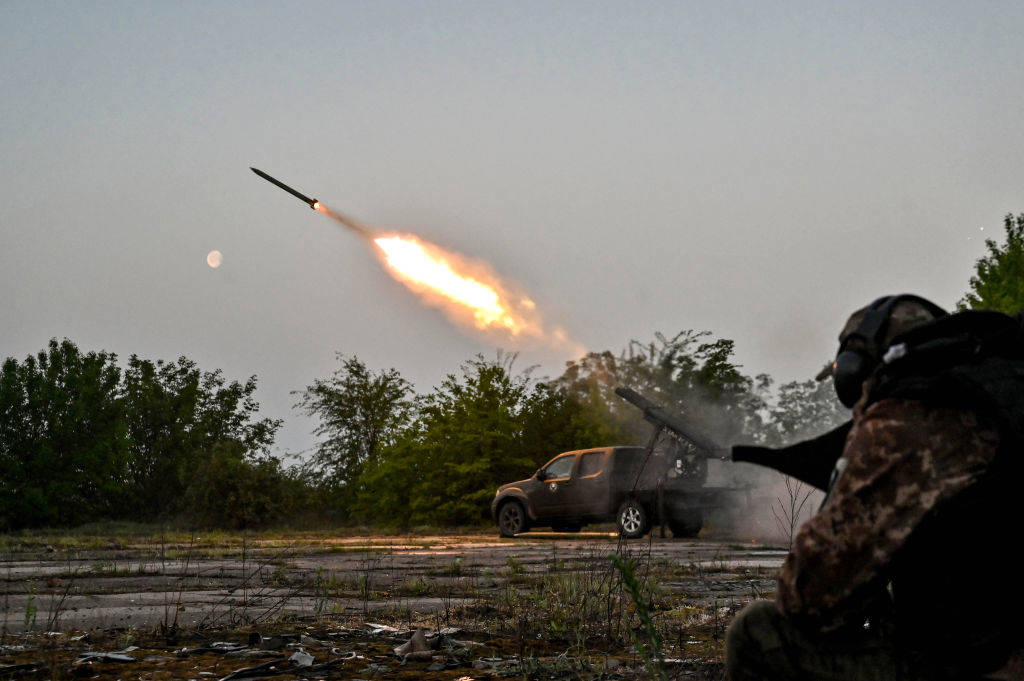
In a survey carried out for the Peace Research Institute Oslo (PRIO), 41 per cent of people questioned in Norway believe it is likely that a new world war will break out within the next 10 years. Just as alarming, 55 per cent anticipate a new armed conflict in Europe.
“Our findings reveal a concerning perception among Norwegians that we are on the brink of significant global turmoil, with fears of impending world war and a new European conflict,” said PRIO Director Henrik Urdal. “This underscores the need for concerted efforts towards peace and conflict prevention.”
The survey aimed to gauge Norwegian perspectives on war and peace ahead of the Norwegian Arendalsuka festival, where PRIO will address whether the world is becoming increasingly unstable.
The survey also found that two-thirds of Norwegians questioned believe there is more armed conflict today compared with 20 years ago. A majority also feel that more people are dying due to these conflicts than two decades ago.
These perceptions align closely with the reality on the ground. The number of armed conflicts is higher today than at any time since World War II. Last year saw a record 59 conflicts, the highest since 1946. The death toll has surged dramatically, with over one million lives lost in the past decade – a staggering increase from 300,000 in the previous decade.
Regarding democracy, most respondents believe it is in decline worldwide. This is corroborated by research from the V-Dem Institute, which indicates that the level of democracy experienced by the average person has regressed to 1980s levels.
“We are witnessing a dramatic rollback of democratic rights and institutions globally. This troubling retreat from democracy has stripped away a critical safety valve for addressing citizens' grievances peacefully. The erosion of democratic governance is creating a volatile environment where people, lacking non-violent means to resolve their disputes, may increasingly resort to violence. This trend has severe and far-reaching implications for global stability,” said Henrik Urdal.
The survey also assessed attitudes on how institutions and organizations tasked with maintaining world peace, such as the United Nations. A majority of respondents believe that these institutions are less powerful than before.
“Institutions designed to safeguard global peace, like the United Nations and the OSCE, have seen their roles drastically curtailed due to rising polarization. This can have dire consequences for their ability to end wars,” continued Urdal.
The survey was conducted by YouGov between 28 June and 3 July on a sample of 1,000 adults in Norway.
For more information or to arrange an interview:
- Contact Michelle Delaney, Communication Director at the Peace Research Institute Oslo (PRIO) | michelle@prio.org | mobile +47 941 65 579
- Click here for more information on how to join physically or online to PRIO’s events at Arendalsuka, including ‘Is the World Becoming More Unhinged?’





